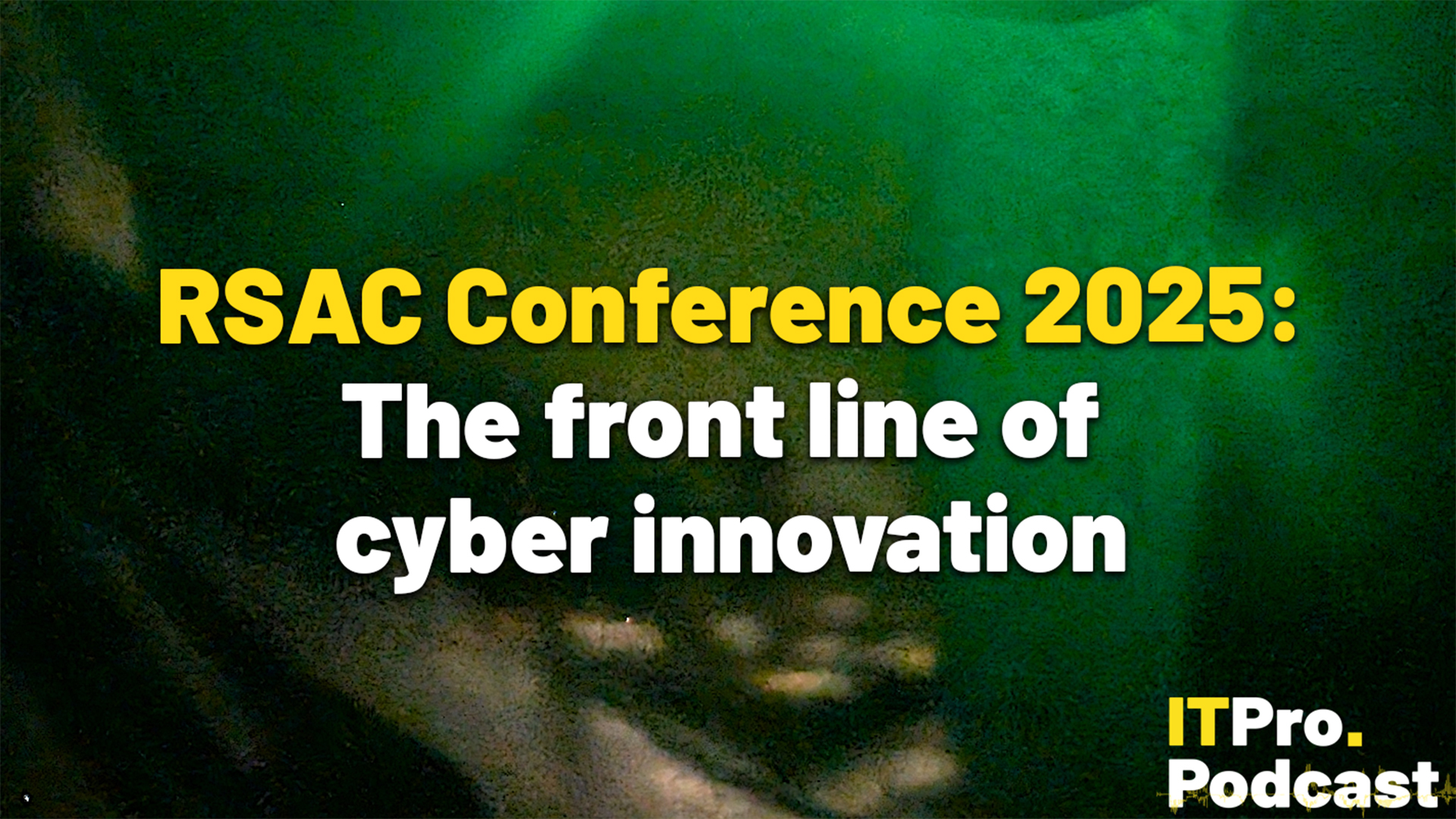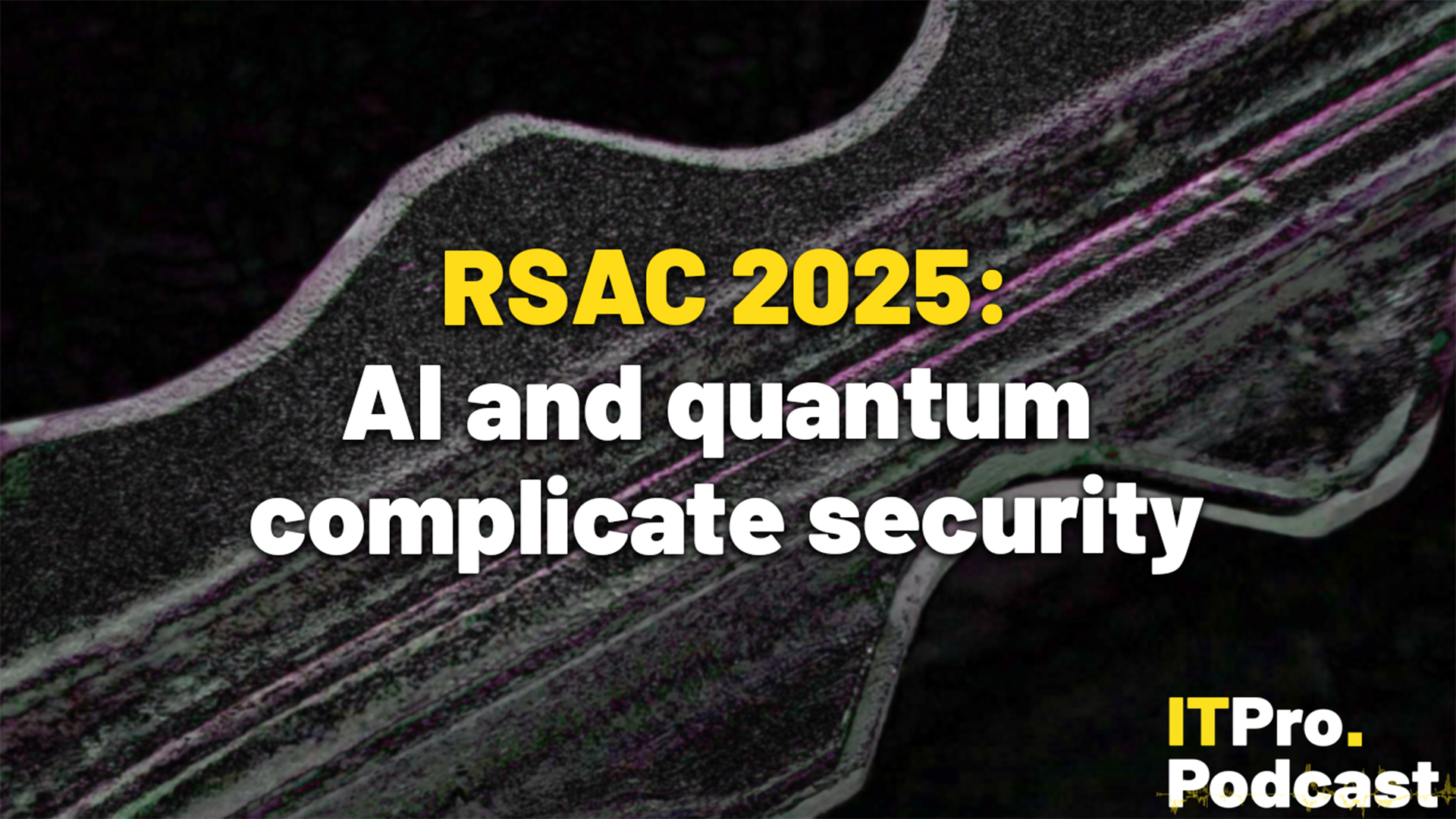Banks blamed as British lead the world on phishing
A new report from RSA claims that the UK is the most phished country in the world, thanks to the speed in which money can be ‘cashed out’.

Sign up today and you will receive a free copy of our Future Focus 2025 report - the leading guidance on AI, cybersecurity and other IT challenges as per 700+ senior executives
You are now subscribed
Your newsletter sign-up was successful
The British are victims of the most phishing attacks in the world, according to RSA, with the UK encountering 40 per cent of the 135,426 total cases it detected.
This was more than even the US, which saw 37 per cent of phishing attacks. This surprising statistic was explained by several massive surges against a comparably small number of UK financial institutions during 2008.
Sean Grady, manager of product marketing at RSA, said that UK organisations endured more phishing attacks specifically because of the functionality in the UK banking system in using the faster payments approach the ability to do real-time or near real-time money transfers.
Grady said the whole goal of phishing attacks is to do what criminals refer to as cashing out'. He said: "The UK makes its financial institutions very attractive targets to the fraudsters, because you can transfer money before it can be traced and caught."
Grady said that although UK banking institutions were aware of the security implications, it didn't make them any less susceptible to attack. Attacks were also skewed against larger institutions.
The report also revealed that the number of phishing attacks detected grew by 66 per cent in 2008 over those detected throughout 2007. This was explained by fast-flux' initiated attacks, as well as the increasing use of malware as a service.
Another report released today from the Federation of Small Businesses (FSB) revealed the costs of online fraud to small businesses added up to an average 800 every year.
Sign up today and you will receive a free copy of our Future Focus 2025 report - the leading guidance on AI, cybersecurity and other IT challenges as per 700+ senior executives
The FSB said that more than half of businesses reported being a victim of crime in the last 12 months, with most having problems with phishing emails and the rest falling foul of problems like 'card not present' fraud or viruses.
-
 Vast majority of breaches enabled by preventable gaps, says Palo Alto Networks
Vast majority of breaches enabled by preventable gaps, says Palo Alto NetworksNews Identity controls and better understanding of threat surface are key to rebuffing increasingly threatening cyber attacks
-
 Proofpoint targets partner profitability with revamped channel program
Proofpoint targets partner profitability with revamped channel programNews The Proofpoint Partner Network offers fresh incentives, investments, and expanded services to help partners capture AI-driven opportunities
-
 RSAC in focus: Key takeaways for CISOs
RSAC in focus: Key takeaways for CISOsThe RSAC Conference 2025 spotlighted pivotal advancements in agentic AI, identity security, and collaborative defense strategies, shaping the evolving mandate for CISOs.
-
 RSAC in focus: Quantum computing and security
RSAC in focus: Quantum computing and securityExperts at RSAC 2025 emphasize the need for urgent action to secure data against future cryptographic risks posed by quantum computing
-
 RSAC in focus: How AI is improving cybersecurity
RSAC in focus: How AI is improving cybersecurityAI is revolutionizing cybersecurity by enhancing threat detection, automating defenses, and letting IT professionals tackle evolving digital challenges.
-
 RSAC in focus: Collaboration in cybersecurity
RSAC in focus: Collaboration in cybersecurityExperts at RSA Conference 2025 emphasised that collaboration across sectors and shared intelligence are pivotal to addressing the evolving challenges of cybersecurity.
-
 RSAC in focus: Considerations and possibilities for the remainder of 2025
RSAC in focus: Considerations and possibilities for the remainder of 2025As 2025 unfolds, RSAC explores the pivotal considerations and emerging possibilities shaping the cybersecurity landscape
-
 RSAC Conference 2025: The front line of cyber innovation
RSAC Conference 2025: The front line of cyber innovationITPro Podcast Ransomware, quantum computing, and an unsurprising focus on AI were highlights of this year's event
-
 RSAC Conference 2025: AI and quantum complicate security
RSAC Conference 2025: AI and quantum complicate securityOrganizations are grappling with the complications of adopting AI for security
-
 RSAC Conference 2025 was a sobering reminder of the challenges facing cybersecurity professionals
RSAC Conference 2025 was a sobering reminder of the challenges facing cybersecurity professionalsAnalysis Despite widespread optimism on how AI can help those in cybersecurity, it’s clear that the threat landscape is more complex than ever